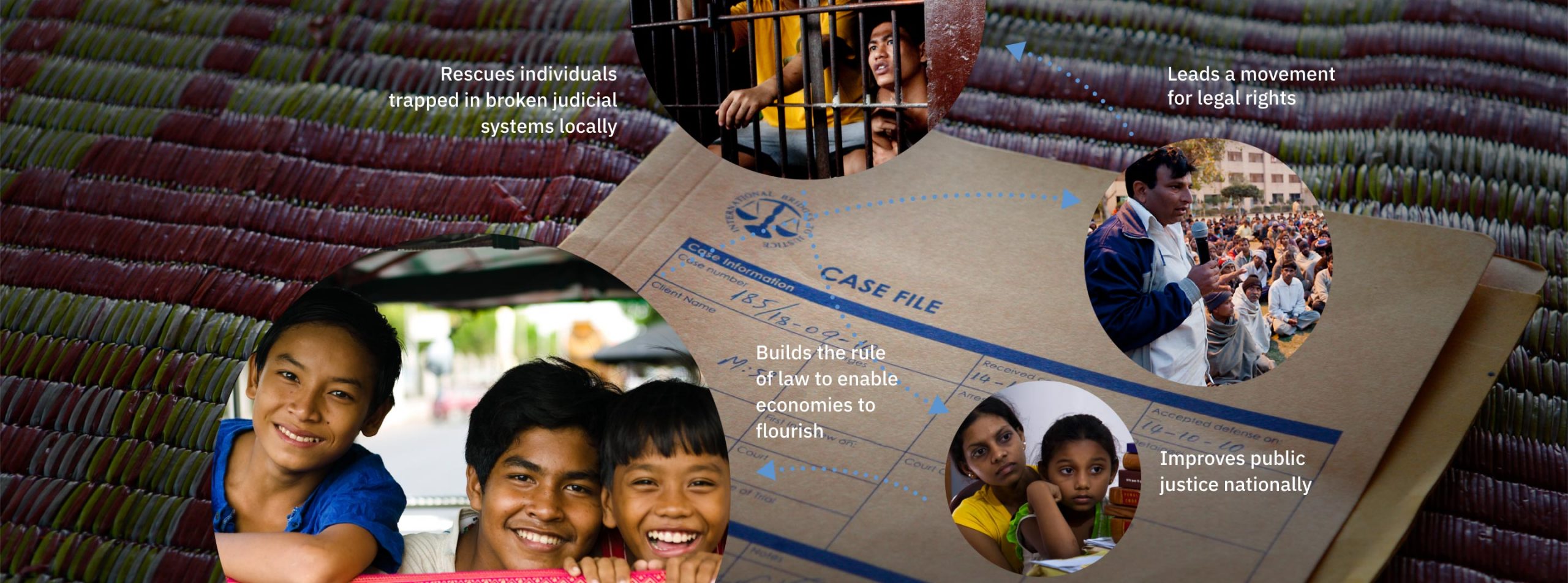We envision a world where the basic legal rights of every person are respected in case of an arrest or judicial accusation, in particular: the right to competent legal representation, the right to be free from torture and cruel treatment, and the right to a fair trial. It’s a world where the institutionalization of fair and effective justice practices have eliminated the use of torture as the cheapest method of investigation, and where every person is knowledgeable about their rights.
Over the course of 20 years of successful progress, IBJ continue to base the practices of their global network upon the following four systemic elements.
1. Early Access to the Accused
Reducing the time between arrest and representation is where most human rights abuses occur. Key activities include:
- Ensuring there are sufficient trained and available public defenders and criminal defense legal aid lawyers per country program.
- Organizing defenders into a structure which ensures the criminal defendants have access to them at the earliest legally mandated time.
- Facilitating and actively soliciting volunteers, with an easy procedure for individuals and groups to donate their time and resources.
2. Cooperation with Governments
Cooperating with local authorities to create best practice legislation and gain the access needed for implementation. Key activities include:
- Enabling a judicial environment which respects and embraces the role of public defenders within local court, police, and government systems.
- Advocating and organizing training and development of judges, prosecutors in provincial courts, and local police officers.
- Advocating that organizations involved with international human rights and legal development have just and effective criminal justice systems on their agenda.
- Working with other international organizations to prioritize and lobby for funding in this area.
3. Awareness of Rights
Creating awareness that a system exists with basic rights they can protect through that system. Key activities include:
- Building International Communities of Conscience to support emerging legal aid organizations.
- Assisting with grassroots education strategies.
4. Capability of Defenders
Training defenders to give them the skills and confidence to provide effective representation
- Creating an online JusticeHub to connect national and international lawyers and host eLearning criminal defense training programs.
- Providing training in the area of domestic criminal procedure and law that comply with international human rights
- Evaluating and analyzing present criminal justice systems, to uncover gaps in the practice and implementation of criminal defense.
- Publishing standardized manuals of legal aid and criminal defense specific to the laws of each country.
- Providing direct technical support and training to emerging legal aid organizations
- Managing and supporting public defender associations
